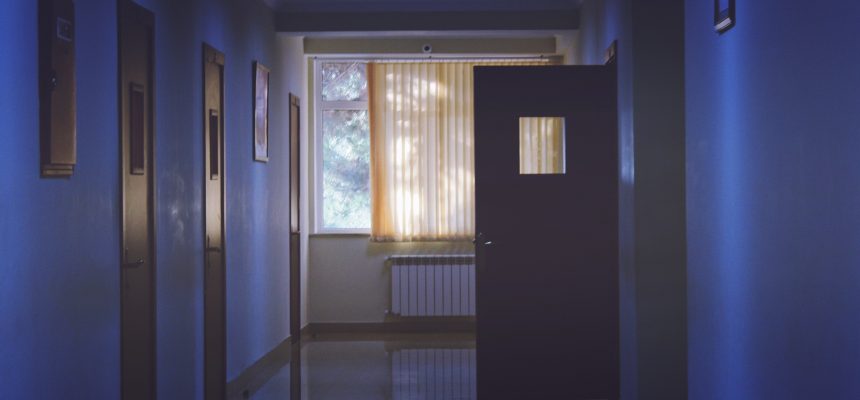Family Faces Thousands In Medical Bills, Even After Infant Son’s Death
By Consumers For Quality Care, on June 12, 2019

When Elle Cavatore found out she was pregnant at 38, she was working in human resources and had good insurance. But shortly into her pregnancy, doctors found out that her twins were monochorionic-monoamniotic, meaning they were growing in a shared amniotic sac. The twins were so close in the womb that Elle’s obstetrician initially thought they may be conjoined, The Guardian reports.
Cavatore was put on a nearly 5-week inpatient bed rest. During a vitals check, it became clear that at least one of the twins were distressed due to a twisted umbilical cord. Elle was put under anesthesia and taken into an emergency C-section. Her two boys, James and Thomas, were born at 2lb 12oz and 2lb 9oz respectively.
Both boys were moved into the neonatal intensive care unit (NICU), but it quickly became apparent that James was much sicker than Thomas. In the next two weeks, James had cardiac and intestinal surgery, was given a chest tube and diagnosed with retinopathy, which left him blind. He also had severe brain bleeding, the most serious of all his issues.
A month into the twins’ stay in the NICU, the bills started arriving and they still haven’t stopped. After Elle’s three-month maternity leave was over, she quit her job to care for the twins. The change meant the family had to switch from their private insurance to a marketplace plan.
“I was sitting outside the NICU trying to figure out what to do,” said Federico [Cavatore], about how to pick a health insurance policy. When they switched to Obamacare, the family was suddenly forced to pay $1,600 a month to maintain health insurance. “We paid that for a year.”
Ultimately, the change created even more billing confusion. Providers charged the outdated insurance or no insurance at all. Every new emergency, feeding bag, and night nurse cost the Cavatores more and more. In the seven months that James lived, he underwent nearly a dozen surgeries and just as many emergency room visits. The Cavatores say they tried their best to ignore the collection letters, but then phone calls followed.
“I [would] just get calls from random different collectors like: ‘You owe this from the gastroenterologist’ and ‘You owe this to the ophthalmologist’,” said Elle.
Ultimately, James contracted bacterial meningitis. After a neurologist told the Cavatores that James, on top of already being deaf and blind, would not be expected to walk or talk, they made the difficult decision to petition for his hospice care. They won the petition and James passed in late July 2016.
Over the course of the care, the Cavatores received innumerable bills for dizzying amounts. There was one bill for $306,357; another for $956,000. Bills made up of hospital fees, deductibles, co-pays and surprise bills.
“I got one bill, and it was $1.1m,” said Federico Cavatore, the boys’ father. “I joked to myself, I said, I’m going to frame this and put it in Thomas’ room and say, ‘This is why you’re getting a scholarship to college.’”
The family says that, even after 3 years, they have no way to determine exactly how much they’ve already paid or still owe. There simply were too many providers, bills and hours correcting the bills to keep track. The bills have had a profound impact on the family.
“I need to close it in my own mind, and move on from this, but it’s continuous,” Federico said.
Unfortunately for families around the country, the Cavatores’ situation is far too familiar. Dr. John Lantos, a bioethicist and expert in neonatal intensive care units, notes that virtually everything in the nation’s health care system is complex and at times arbitrary and idiosyncratic. Lantos says that a majority of individuals wo receive surprise bills believed they would be covered.
The U.S. has an estimated 380,000 premature babies born each year. When they are covered under Medicaid, the families very rarely receive bills for the care. For families on private insurance, like the Cavatores, it is a different story.
“[I] mean it was like survival mode for us,” said Federico. “I felt like it was all about the money. It was a horrible experience.”




